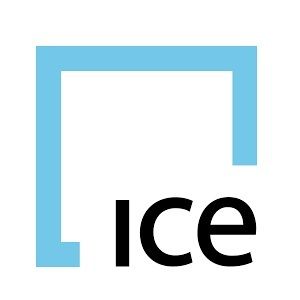ICE reports strong demand in US renewable fuel futures

May 26, 2023
BY Intercontinental Exchange Inc.
Intercontinental Exchange Inc., a leading global provider of data, technology, and market infrastructure, today announced strong demand for U.S. renewable identification numbers (RINs) as increasing numbers of participants with RIN compliance obligations hedge price risk associated with mandated targets for incorporating renewable fuels into transportation fuel.
RINs are credits generated to track and enforce compliance with the U.S. federal Renewable Fuel Standard (RFS) program, which requires U.S. transportation fuel to include renewable fuels. Obligated parties under the RFS program include refiners and importers of transportation fuel in the U.S.
ICE offers the most liquid markets to trade RIN futures. By May 15, 2023, the equivalent of over 2 billion RINs had traded on ICE year to date, already surpassing the number traded during the entirety of 2022 where 1.6 billion traded. The equivalent of 627 million RINs traded during April 2023, a new record for a single month. Meanwhile, across ICE’s D6 ethanol and D4 biofuel futures (OPIS), open interest is at a record high equivalent to 727 million RINs.
The volume of RINs traded on ICE so far this year is equivalent to 1,400 refined product cargoes.
Advertisement
Advertisement
“RINs prices impact refined product market dynamics. Hedging RINs has become increasingly important to commercial market participants seeking to meet compliance obligations, protect their margins, determine crack spreads to create other products, and identify whether arbitrage opportunities exist to export transportation fuel,” said Jeff Barbuto, global head of oil markets at ICE. “It is great to see the momentum in volume and the number of participants continues to increase in these contracts.”
ICE’s renewable fuels futures markets form part of ICE’s extensive biofuels complex, which include ICE’s renewable volume obligation futures. The European biodiesel sector is traded predominantly as a differential to the global refined benchmark ICE Low Sulphur Gasoil, which is used as a proxy hedge due to its liquidity and open interest out to December 2026.
Advertisement
Advertisement
Related Stories
CountryMark on July 22 celebrated the completion of more than $100 million in upgrades at its refinery in Indiana, including those related to soybean oil storage. The facility produces renewable diesel via coprocessing technology.
ATOBA Energy and Air Moana are partnering to implement scalable solutions for the supply of SAF. The collaboration aims to ensure long-term SAF availability while supporting local initiatives to develop sustainable fuel production in Tahiti.
While final IRS guidance is still pending, the foundation of the 45Z program is well defined. Clean fuel producers should no longer be waiting; they can now move forward with critical planning and preparation, according to EcoEngineers.
Neste Corp. on July 24 released second quarter results, reporting record quarterly renewable product sales volumes despite weaker margins. SAF sales were up nearly 80% when compared to the first quarter of 2025.
Valero Energy Corp. on July 24 released second quarter results, reporting a profitable three-month period for its ethanol segment. The renewable diesel segment posted a loss, but the company’s new sustainable aviation fuel (SAF) unit operated well.
Upcoming Events










